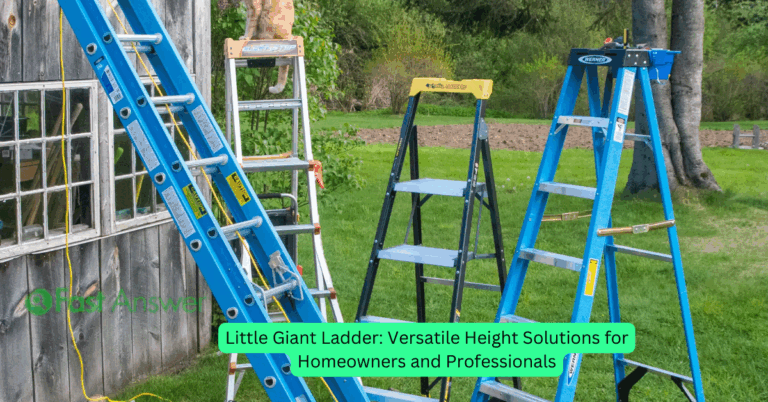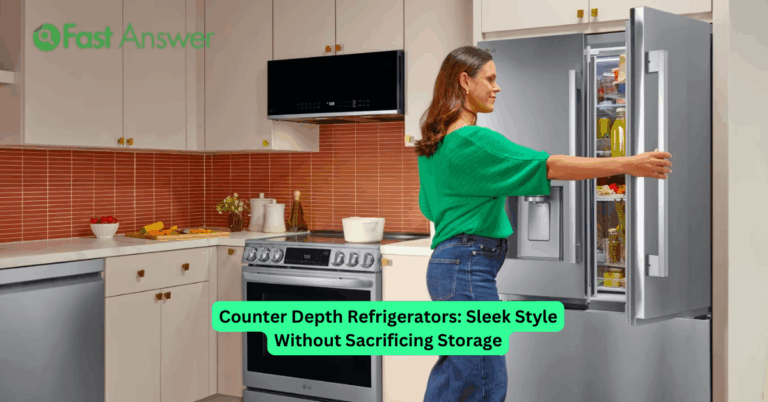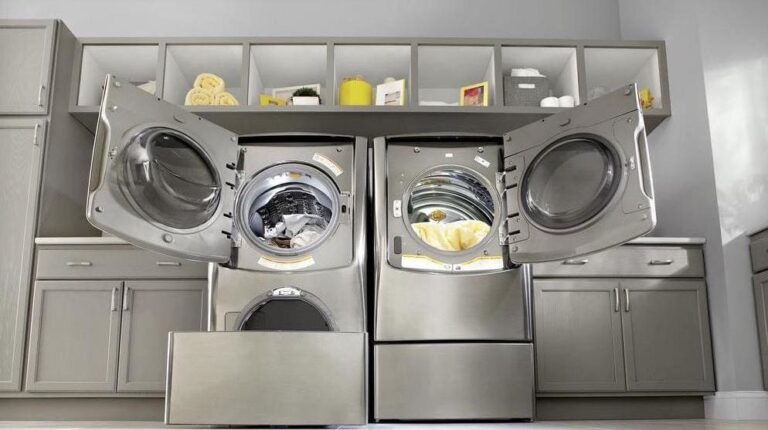The Right Front Door Can Transform Your Home’s Curb Appeal and Security
Your front door is more than just an entryway it’s the first impression your home makes. Whether you’re welcoming guests, receiving deliveries, or simply coming home after a long day, your front door sets the tone for your space. It’s also a key element in home security, energy efficiency, and architectural style. With so many materials, finishes, and design options available, choosing the perfect front door can elevate both function and appearance. If you’re building, renovating, or simply upgrading, this guide will help you find the ideal front door that meets your aesthetic preferences and practical needs.
Why Material Choice Matters When Choosing a Front Door
The material of your front door plays a crucial role in its durability, insulation, and maintenance. Wood doors offer timeless elegance and natural beauty, but they require regular care to withstand moisture and sun exposure. Steel doors are favored for their strength and affordability, making them a top pick for security-conscious homeowners. Fiberglass doors blend the best of both worlds they mimic the look of wood while resisting warping, cracking, and denting. Your local climate, home style, and daily use should all influence your choice, as each material performs differently over time.
Design Details That Make Your Front Door Stand Out
The design of your front door can enhance your home’s architectural style and express your personal taste. From classic panel designs and craftsman-style doors to modern minimalism with sleek glass inserts, there’s a look to suit every home. Custom features like sidelights, transom windows, or wrought iron accents add charm and individuality. Color also makes a bold statement—whether you’re going with a traditional wood stain, a bold red, or a contemporary black. Hardware choices like handlesets, knockers, and smart locks bring both security and a polished finish to the entire entryway.
Security and Energy Efficiency: More Than Just Aesthetic Choices
Today’s front doors are built with advanced security features and insulation technologies. Multi-point locking systems, reinforced frames, and impact-resistant glass provide peace of mind against break-ins. Meanwhile, energy-efficient doors with tight seals, insulated cores, and low-E glass can significantly reduce your heating and cooling costs. Look for ENERGY STAR® rated models if you’re upgrading with sustainability in mind. A secure, well-insulated front door not only protects your home it adds long-term value and comfort that you’ll appreciate every day.
Where to Find the Best Front Doors for Style, Quality, and Value
Whether you’re shopping at a home improvement store or working with a local contractor, it’s important to choose a trusted source for your front door. Leading brands and retailers offer a range of customizable options, from standard pre-hung doors to bespoke designs. Online platforms now allow you to visualize doors on your actual home through AR tools or design configurators. When comparing models, pay close attention to warranties, installation services, and customer reviews to ensure you’re getting the best balance of style, strength, and support. A well-chosen front door is an investment so it’s worth buying from a brand that stands behind its product.
Frequently Asked Questions
How long does a typical front door last?
A high-quality front door can last 20 to 30 years or more, depending on the material and exposure to the elements.
Can I install a new front door without replacing the frame?
Yes, but only if the existing frame is in good condition and matches the new door’s specifications.
What’s the most secure front door material?
Steel doors generally offer the highest level of security due to their strength and resistance to forced entry.
Do front doors come pre-painted or pre-finished?
Many do, though unfinished options are available for those who want to customize the color or finish themselves.
Are smart locks compatible with all front doors?
Most modern front doors support smart locks, but compatibility depends on door thickness and hardware configuration.


